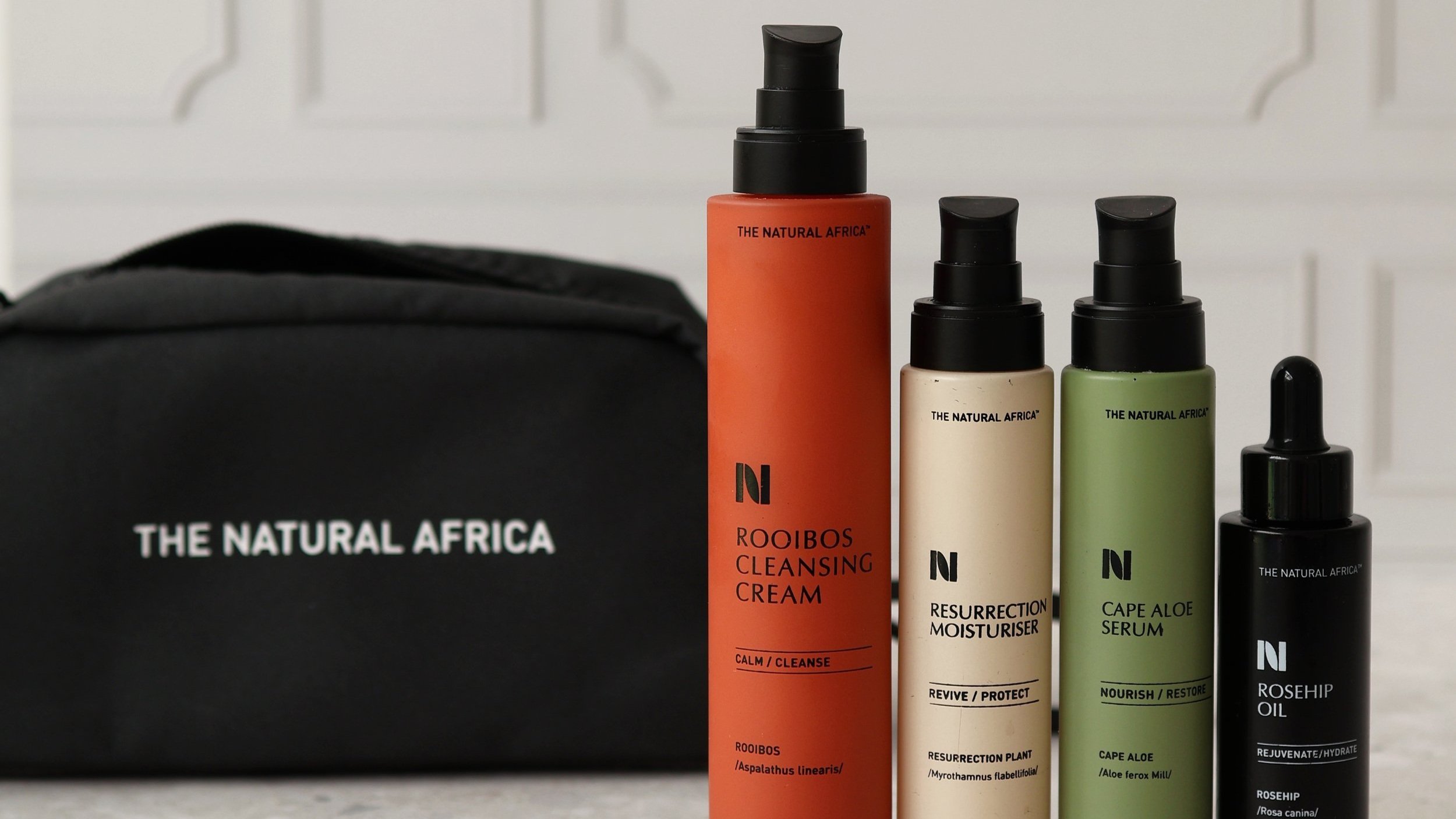Sarah’s Health Notes: What to do about emergency dental problems
If you have toothache, seeing your dentist face to face is impossible now, due to the risk of transmission of corona virus. However, you may be able to consult a dentist online as practises are urged by NHS England to ‘establish (independently or by collaboration with others) a remote, urgent care service, providing telephone triage for their patients with urgent needs during usual working hours, and whenever possible treating with advice, analgesia and antimicrobial means, where appropriate’.
In these circumstances, ‘it’s vital to understand the nature of urgent and non-urgent needs’, says Dr Richard Marques, a leading London dentist doctorrichardlondon.com. Here’s his summary:
‘Issues such as a lost filling, dull toothache, mild sensitivity or a small chip in a tooth can all be treated at a later date. Examples of more serious issues that would constitute an emergency include:
Gums that will not stop bleeding
Extreme tooth sensitivity or toothache causing constant pain
A tooth that has been knocked out/is jagged
Swollen cheeks/gums and general extreme pain from swelling or possible infection.
If you experience any of these serious problems, try calling your dentist in the first instance. If you can’t access your dentist and symptoms continue, call the NHS help line on 111.
If the situation is serious, you may have to go to your nearest A&E but you should only do this on the advice of a medical professional (or NHS111).
In these circumstances, ‘it’s important to try and stay calm because stress will cause the body to react in a way that worsens the symptoms,’ says Dr Marques.
He recommends these simple measures that may ease the problem:
• If your tooth is knocked out, put it in a glass of whole milk until it can be treated. The milk helps keep an acid-alkali ratio so the tooth won’t swell, he explains. Change the milk to keep it fresh but try to keep it in a cool place rather than the fridge, unless you have to wait a long time.
• To ease pain, take paracetamol as directed, or ibuprofen (unless you have a problem with this). Alternatively, take homoeopathic arnica 30x, one to three times daily for two days or longer; arnica is a natural anti inflammatory. Or mix 1 tsp powdered turmeric, the golden Indian spice, in a little water, and sip for its antibacterial action. You could also try turmeric tea – Pukka Herbs Organic Turmeric Gold Herbal Tea, around £2.99 for 20 plastic free tea bags, or take a 400g supplement of turmeric once daily, eg BetterYou Turmeric Oral Spray/£17.95.
• If you have areas of swelling, hold an ice pack, or a packet of frozen peas, on the external skin for 20 minutes twice a day.
• To help remove bacteria and clear infection, dissolve one teaspoonful of fine salt in warm boiled water and swish around the mouth for 60 seconds. Do this three times a day after meals so after breakfast, lunch and evening meal, then before you go to bed.
• Use an antibacterial mouthwash with hydrogen peroxide for pain and inflammation; Colgate Peroxyl Mouthwash/£4.49 for 100ml from superdrug.com. Pharmacist Shabir Daya recommends natural Peri Gum Mouthwash Concentrate/£19 for 29ml, from victoriahealth.com.
• To help reduce pain, try cloves, which have natural painkilling and antibacterial properties. Simply dab a small amount of clove oil on the affected area inside your mouth. Or rinse two or three dried cloves and place between the offending tooth and your cheek to help kill the pain.






